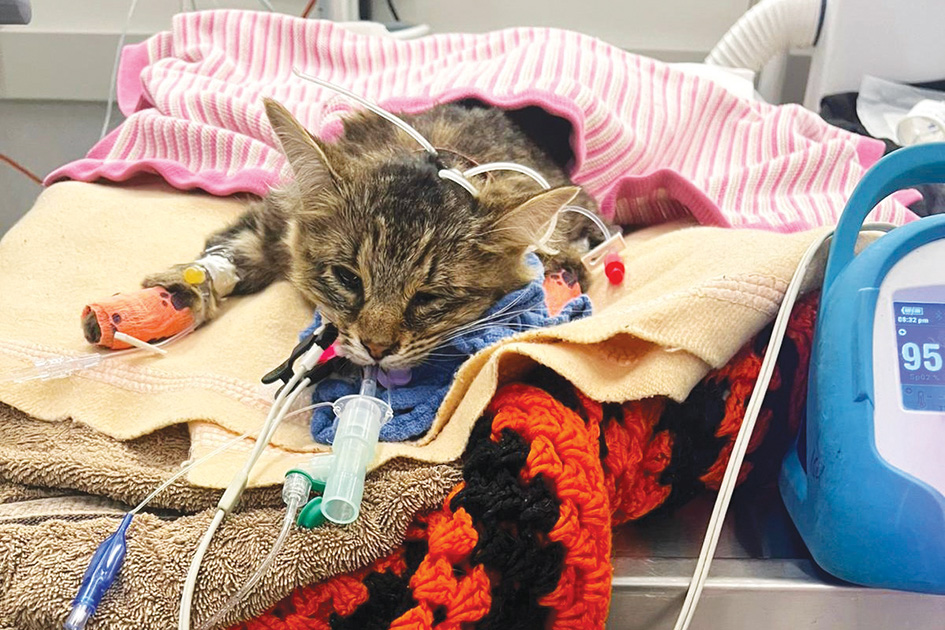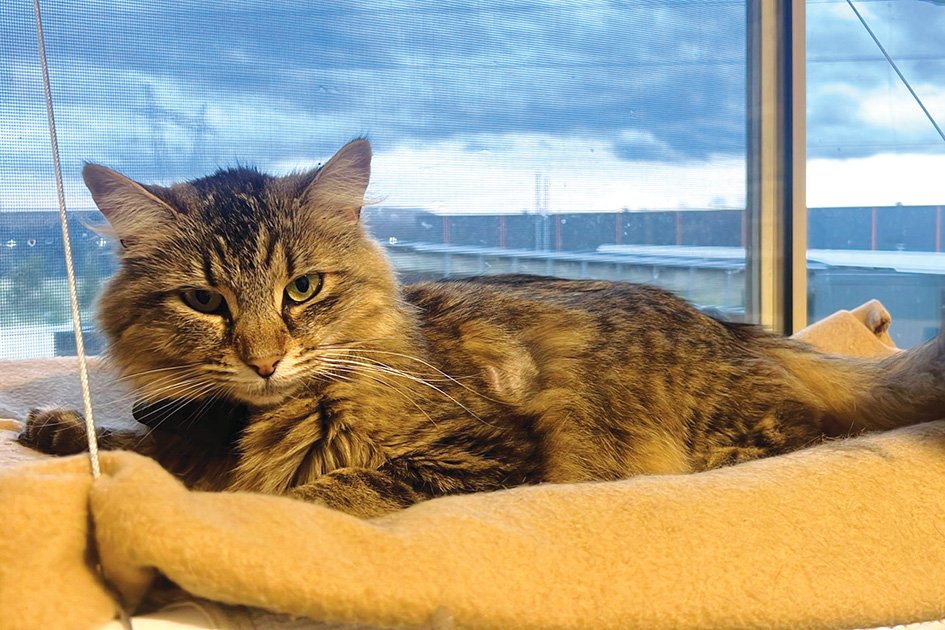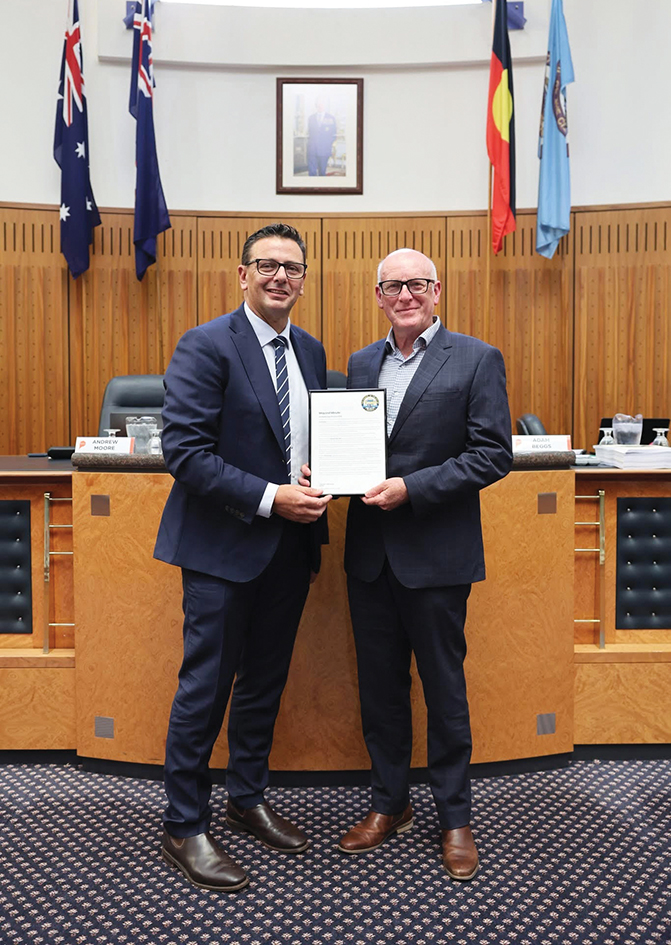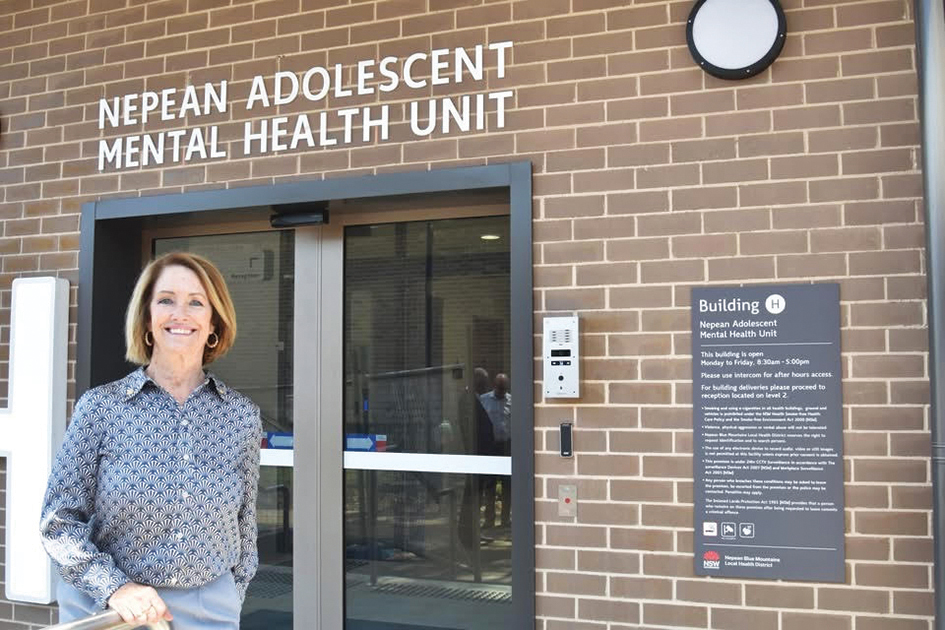By Kellie Tickner, Orchard Hills Veterinary Hospital Administrator
AS the warm weather returns, so too do the snakes across the Penrith region — and with them, the risks they pose to our curious pets. Each year, Orchard Hills Veterinary Hospital treats an increasing number of pets who have had dangerous encounters with snakes. These cases are reminders that snake bites can happen suddenly and that prompt veterinary care can make all the difference between life and death.
Recently, we met Vanellope, a four-year-old cat whose quick-thinking owners and coordinated veterinary care helped save her life. Her story is an important example of how teamwork between general practice and emergency hospitals can give pets the best chance of survival.
Vanellope’s owners had fitted her with a tracking collar and noticed she had spent some time exploring the back paddock area of their property — a common hiding spot for snakes. Later that day, they realised she wasn’t herself. She was quieter than usual and drooling excessively. Within two hours, her condition deteriorated rapidly, and she could no longer walk. Recognising something was seriously wrong, her owners acted immediately and took her to SASH (Small Animal Specialist Hospital) for emergency care.

Although no puncture wounds could be found, Vanellope’s symptoms and blood results pointed to snake envenomation. The SASH team administered antivenom to neutralise the toxins, but her condition required intensive monitoring and life support. As the venom took effect, Vanellope became unable to breathe on her own and needed mechanical ventilation — an advanced treatment available only at specialist emergency hospitals.
Over the next several days Vanellope’s condition was closely monitored by the SASH critical care team, and her treatment was carefully adjusted as she began to respond. Once she stabilised, she was transferred back to Orchard Hills Veterinary Hospital to continue her recovery in familiar surroundings. Thanks to her owners’ quick response and the collaboration between both veterinary teams, Vanellope made a full recovery and has since returned home — a little wiser, but still as adventurous as ever.
Vanellope’s case highlights the importance of acting quickly if you suspect a snake bite. Common signs include sudden weakness or collapse, dilated pupils, drooling, trembling, vomiting, and difficulty breathing. Even if you don’t see a bite wound, seek veterinary help immediately. Early treatment with antivenom and supportive care offers the best chance of recovery.
If your pet encounters a snake or shows any unusual symptoms after being outdoors, contact your veterinarian without delay. For emergency after-hours care, Orchard Hills Veterinary Hospital and SASH work together to provide seamless, lifesaving treatment when every minute counts.
For more information contact Orchard Hills Veterinary Hospital on 4736 2027.






